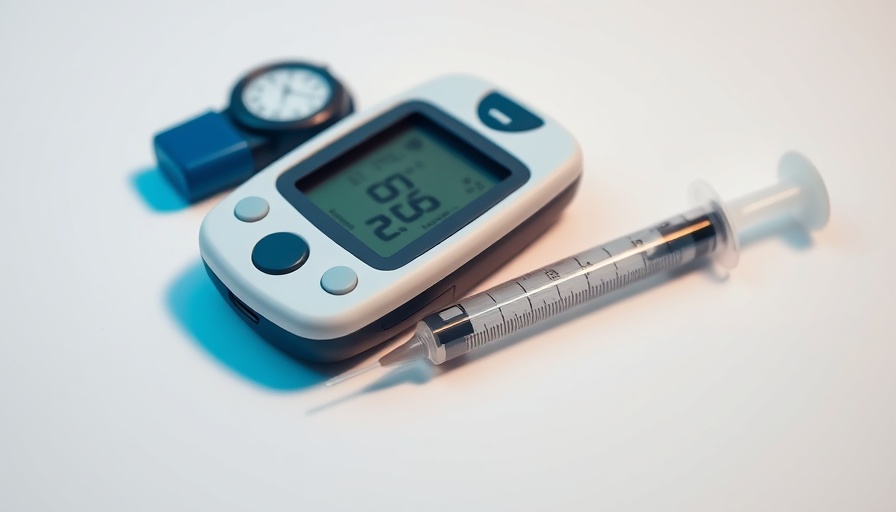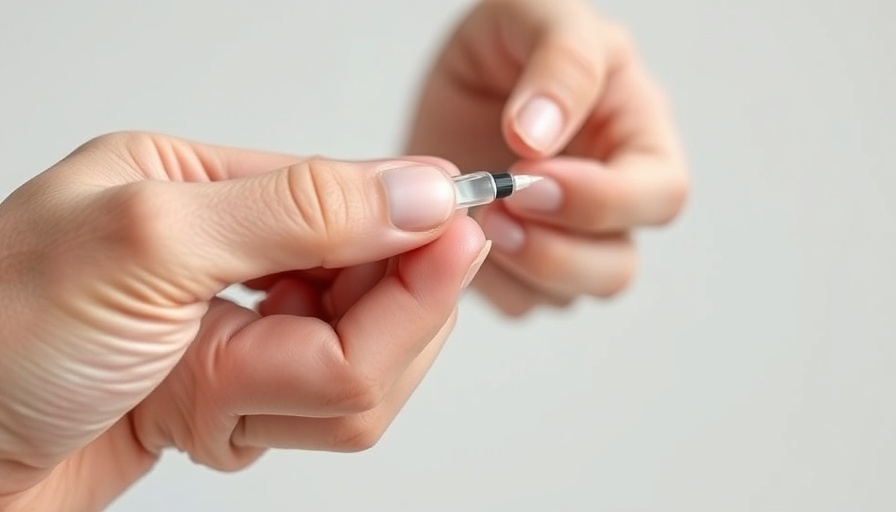
Understanding Blood Sugar Levels: The Foundation of Health
Blood sugar, or glucose, is essential for providing energy to the body’s cells. However, improper regulation can lead to significant health risks, including diabetes, heart disease, and nerve damage. The hormone insulin plays a key role in maintaining blood sugar levels by helping cells absorb glucose from the bloodstream. Understanding how these levels fluctuate is crucial for individuals aiming to maintain their health, especially those susceptible to conditions like high blood pressure and high cholesterol.
Lifestyle Modifications: Your First Line of Defense
Effective blood sugar management goes beyond medication; it includes critical lifestyle modifications. Some essential components include:
- Healthy Diet: A balanced diet rich in whole grains, fruits, vegetables, lean proteins, and healthy fats can stabilize blood sugar levels and contribute to overall well-being.
- Regular Exercise: Engaging in consistent physical activity increases insulin sensitivity, allowing cells to utilize glucose more efficiently, hence supporting both metabolic health and effective diabetes management.
- Stress Management: Recognizing that high stress can elevate blood sugar levels is vital. Embracing stress-reducing practices like meditation, yoga, or deep breathing can promote greater control over one’s health.
Dietary Strategies: Making Smart Choices
In addition to general lifestyle changes, specific dietary strategies can enhance blood sugar management:
- Carbohydrate Management: It’s crucial to monitor carbohydrate intake carefully. Favoring complex carbohydrates over simple sugars helps prevent dramatic spikes in blood sugar, thus managing conditions such as high blood sugar more effectively.
- Portion Control: Being mindful of portion sizes and consuming regular, balanced meals can fend off overeating and help stabilize blood sugar throughout the day.
- Fiber-Rich Foods: Including fiber-rich items like legumes, nuts, seeds, and whole grains can slow glucose absorption, making them beneficial for blood sugar control.
Monitoring and Medication: Staying Ahead
For individuals with diabetes, regular monitoring of blood sugar levels is imperative. Techniques range from basic self-testing to continuous glucose monitoring (CGM) devices, providing real-time insight into blood sugar trends. Depending on the situation, healthcare professionals may prescribe medications including insulin or other hypoglycemic agents, which can significantly assist in managing blood sugar levels effectively.
The Role of Intermittent Fasting and the Keto Diet
Emerging dietary protocols like intermittent fasting and the keto diet have garnered attention for their potential to maintain blood sugar levels. Intermittent fasting may help improve insulin sensitivity and reduce overall calorie intake, while the keto diet, which emphasizes low carbohydrate intake, might support more stable blood sugar levels. However, individuals should consult healthcare providers before undertaking significant dietary changes.
Future Trends: Navigating Your Health Journey
As we advance, innovative approaches to blood sugar management are likely to emerge. Technology, such as advanced monitoring devices, personalized nutrition plans, and mobile applications providing real-time feedback on dietary choices and activity levels, will empower individuals with more tools to effectively control their health. By remaining adaptable and proactive, individuals can navigate their health journeys more effectively.
Final Thoughts: Embracing Healthy Change
In conclusion, prioritizing blood sugar management through sustainable lifestyle changes and potential medical interventions can revolutionize an individual’s quality of life. With awareness and actionable strategies, everyone has the opportunity to lead healthier, more fulfilling lives. If you’re motivated to take control of your health, start making gradual adjustments today. Consider incorporating a balanced diabetes-friendly diet, an activity routine that suits you, and essential self-monitoring practices that can help you stave off complications from conditions like high cholesterol and high blood pressure. Every little step counts!
 Add Row
Add Row  Add
Add 



 Add Row
Add Row  Add
Add 


Write A Comment